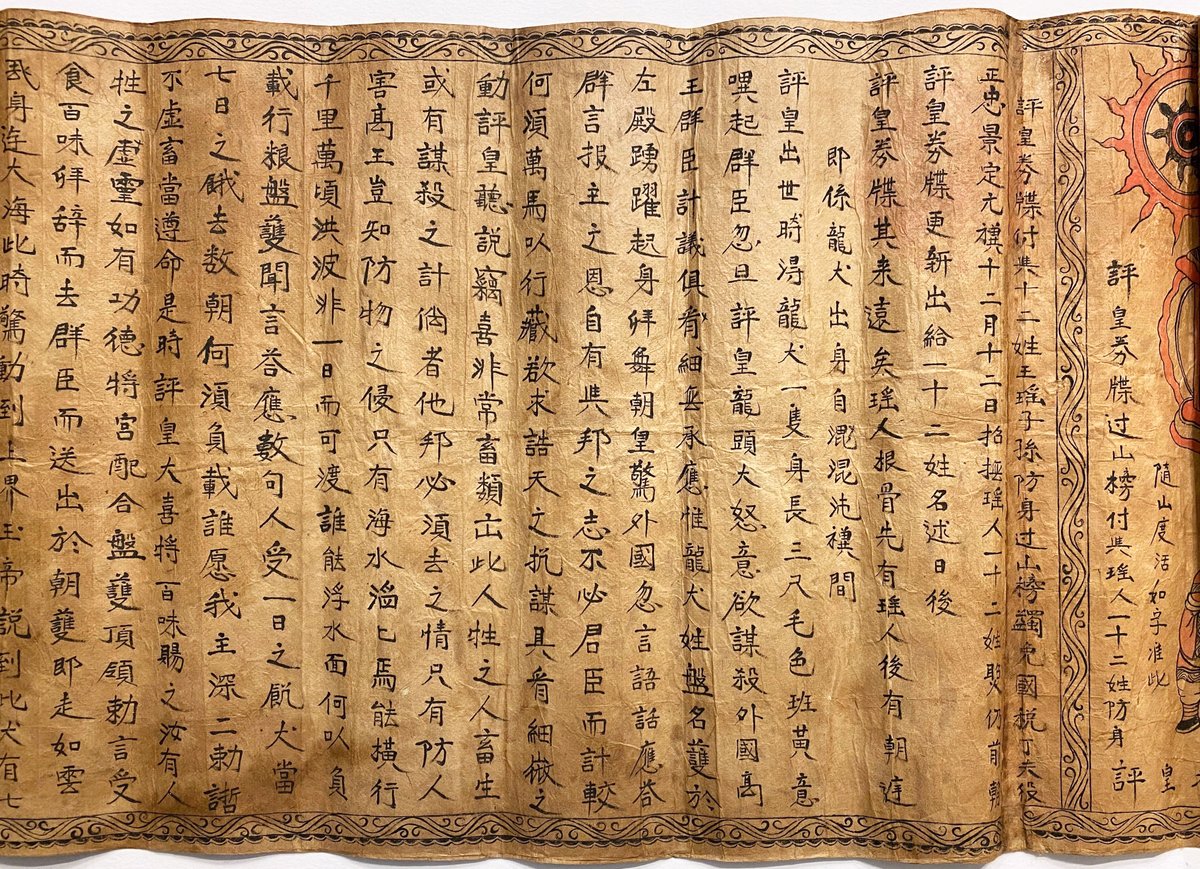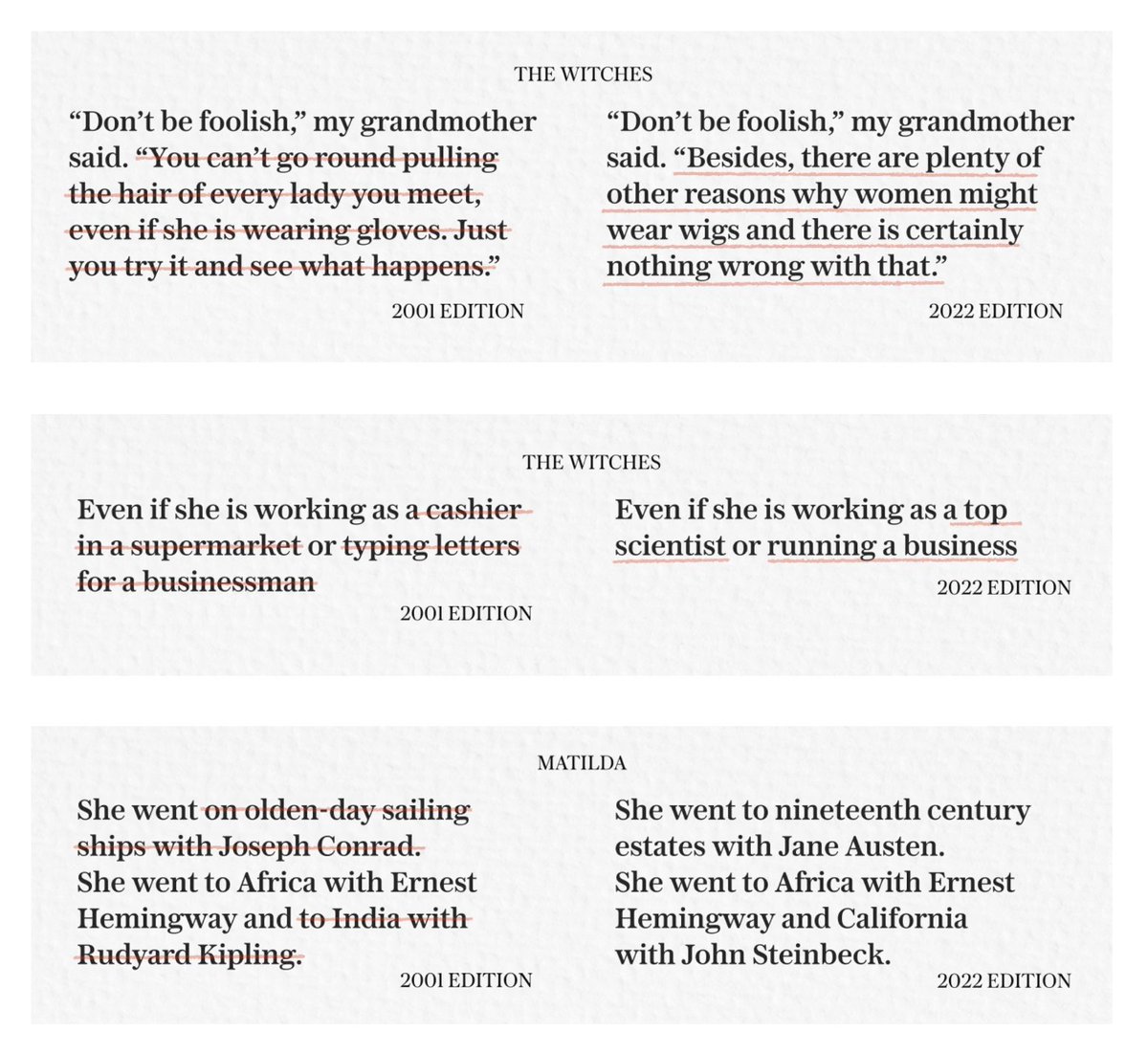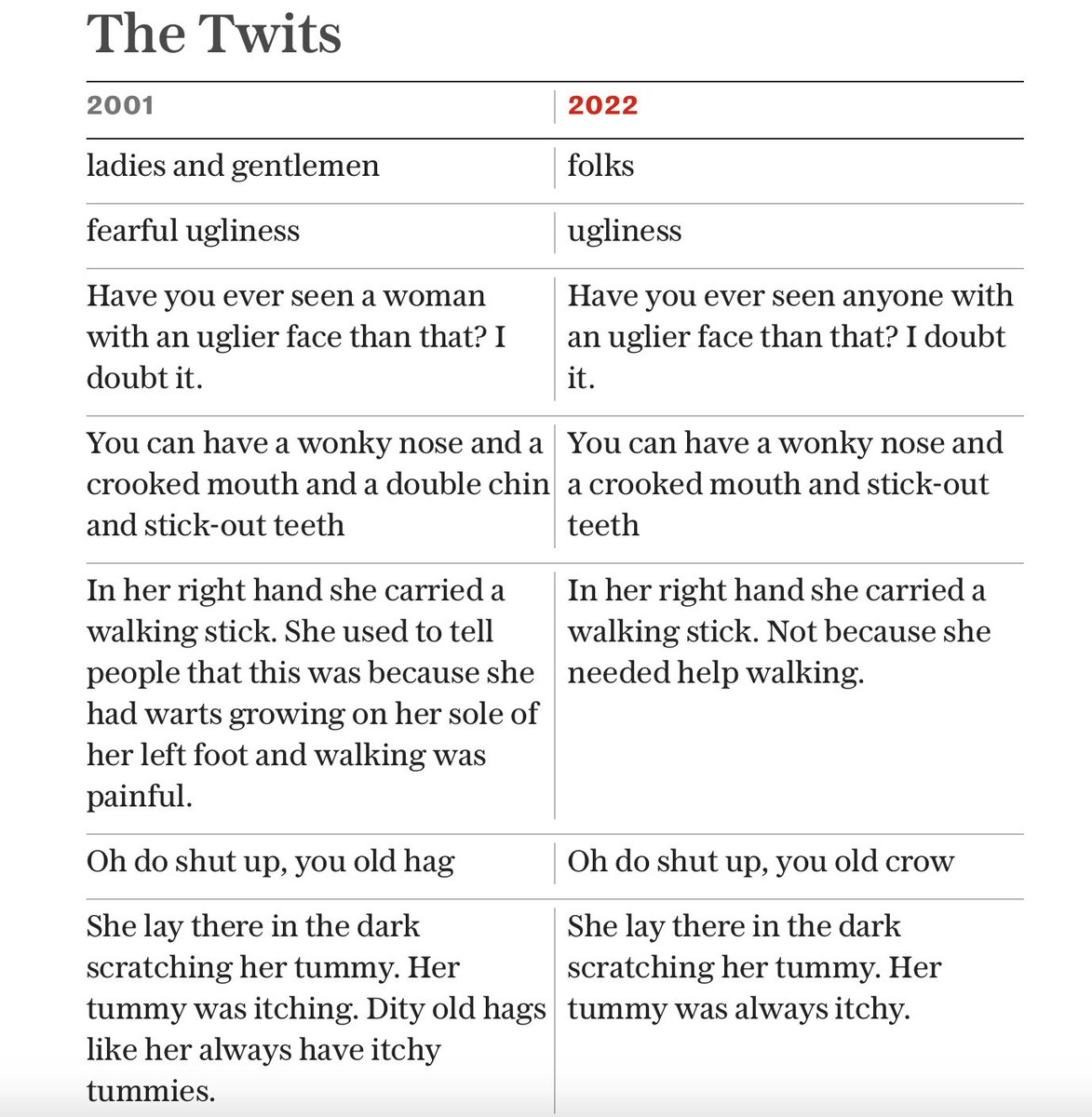
Three giant, morally bankrupt corporations - Heineken, Nestle, Auchan - not only continue to do business in Russia, but have actually expanded their operations there, and/or directly supplied the Russian military.
If you have the choice to buy alternative brands, you should.
If you have the choice to buy alternative brands, you should.

Last year Heineken launched 61 new products on the Russian market, roughly one every 6 days. In a statement yesterday - a full year after the invasion - they promised to exit Russia at some undefined future date when they find a suitable buyer for the business. #BoycottHeineken 

Heineken calls the war in Ukraine "a terrible human tragedy". This is the type of "peace now" handwringing that supports the Russian narrative. Call the war what it is: an unprovoked genocidal invasion of a country that posed no threat to Russia by civilian-murdering barbarians. 

Russian supermarkets are still filled with Nestlé products. Nestlé claims that it has stopped export of all 'non-essential' products to Russia - but in practice this seems to mean Nespresso capsules and, er, very little else. #BoycottNestle 

An investigation by @LeMonde_EN and @the_ins_ru has shown that @AUCHAN_France not only didn't leave Russia as they said they would, but in fact *directly* supplies goods to the Russian army in occupied Ukrainian territories, claiming they are 'humanitarian aid'. #BoycottAuchan 

• • •
Missing some Tweet in this thread? You can try to
force a refresh


















